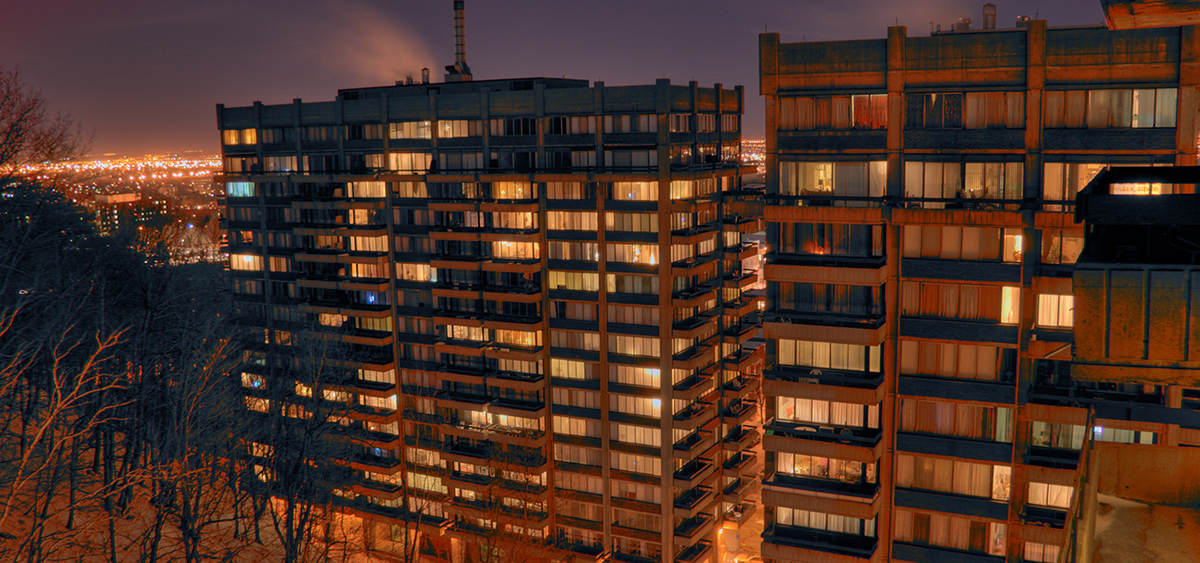The Tribunal administratif du logement (TAL) is the administrative tribunal that rules on matters regarding rental housing. Its main responsibility is deciding on cases between landlords and tenants, informing people of their rights and obligations under residential leases to prevent conflicts resulting from ignorance of the law, and promoting good relations between landlords and tenants.

When can the TAL intervene?
The TAL is the only body that can hear cases about residential leases when the amount or value claimed is less than $100,000.
The TAL is also the only body that can hear the following kinds of cases, regardless of the amount being claimed:
- Applications about renewing a lease, setting the rent, or repossessing, subdividing, changing the use of, or substantially enlarging rental housing.
- Applications about rental housing that is or may become unfit for habitation.
- Applications by landlords or tenants to force the other to respect an obligation resulting from the law or from their lease. For example, a landlord can ask the TAL to force a tenant to get rid of a pet in a situation where the lease forbids animals.
- Applications by landlords or tenants to cancel (terminate) a lease. For example, they can do this when the other fails to respect one of their obligations and this causes serious inconvenience.
- Applications by tenants to lower their rent when a landlord fails to respect one of their obligations.
- Applications by tenants to carry out repairs that the landlord is responsible for doing but is failing to do.
- Applications regarding low-rent housing.
The TAL can also hear cases about these issues:
- demolition of a dwelling in a municipality where no by-law covers the situation,
- sale or transfer of a building in a housing complex,
- conversion of an apartment building into condos,
- depositing rent with the TAL instead of paying it directly to the landlord.
What does the TAL do?
The TAL is responsible for doing the following:
- Informing landlords and tenants of their rights and obligations and explaining anything in a lease or in the Act respecting the Administrative Housing Tribunal. It does this through its telephone services, one-on-one consultations, free publications and its website.
- Providing standard forms for signing a lease, for ending a lease and for subletting, among other things.
- Doing studies and compiling statistics on the housing situation in Quebec.
- Hearing cases involving tenants and landlords and making written decisions in these cases.
- Publishing a collection of decisions made by the TAL.
- Helping landlords and tenants reach agreements.
How much does it cost to file a request with the TAL?
The cost depends on the type of request and sometimes on the amount of your rent. To find out the exact amount, check the TAL’s list of fees.
You don’t have to pay the fees if you are receiving social assistance (welfare) and you provide proof of this.
How do hearings at the TAL work?
Once you’ve filed a request with the TAL, you will be offered conciliation services to help you and your landlord reach an agreement. You can accept or refuse this offer.
If you participate in conciliation and a settlement is reached, the file will be closed. If you and your landlord cannot reach an agreement, the process before the TAL will resume.
The person who runs the hearing and makes a decision in TAL cases is called an administrative judge. You can present your case yourself or be represented by a person you choose. However, you can’t be represented by a professional who is forbidden or restricted from practicing by their professional order. Also, you can’t be represented by a lawyer if the case only involves a claim for money and the amount in question is less than $15,000.
If you are represented by a person other than a lawyer, you must sign a written mandate confirming this and they must give it to the TAL.
| Important! If you or the other party filed a TAL application on February 20, 2024, or before this date, the list of people who can represent you at your hearing is more limited. Your spouse or lawyer can still represent you. If you have a reason the TAL considers serious enough, such as being sick or too far away, a relative can represent you. If you have no relative living in your municipality, a friend can represent you. |
Once the hearing is over, the administrative judge will make a decision within three months and send it to you by mail.
To learn more about who can act for you in a case before the TAL, see our article Hearings at the Tribunal administratif du logement.
Are there any TAL offices outside of Montreal and Quebec City?
Yes. There are TAL offices across Quebec. You don’t have to travel to Montreal or Quebec City to file a request.
Visit the TAL website to find an office near you.





